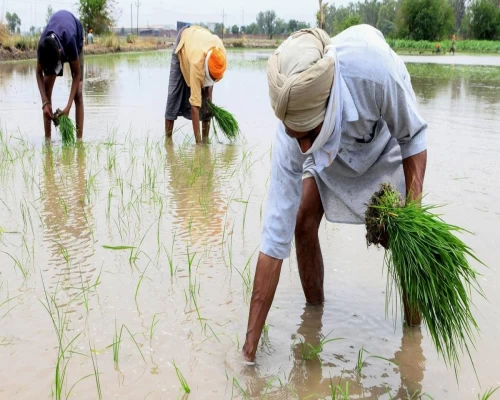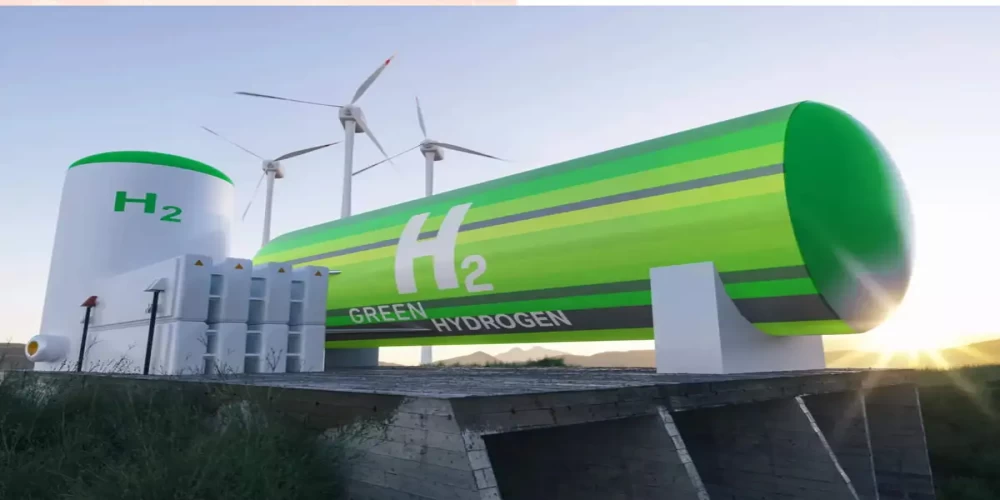
New Delhi: India has officially launched its Green Hydrogen Certification Scheme (GHCI), introducing a formal mechanism to verify and trace green hydrogen production in the country. The scheme, unveiled by Minister for New and Renewable Energy Pralhad Joshi on Tuesday, is expected to add clarity and confidence to the emerging clean energy market.
Speaking at the launch during a national workshop focused on opportunities for Micro, Small & Medium Enterprises (MSMEs) in the green hydrogen supply chain, Joshi said the initiative lays the foundation for a credible certification system.
He said, “The scheme is a foundational step towards creating a robust framework for certifying green hydrogen production and ensuring transparency, traceability, and market credibility.”
The day-long workshop, hosted by the Ministry of New and Renewable Energy (MNRE), drew participation from over 300 stakeholders including MSMEs, international organisations, policy makers, and industry bodies.
Joshi also underlined the essential role of MSMEs in India’s clean energy journey. “MSMEs will serve as the backbone of India's energy transition through their innovative capabilities and localised solutions,” he said. “They will play a critical role in realising the Green Hydrogen mission’s objectives of building a self-reliant green hydrogen ecosystem by 2030.”
MNRE Secretary Santosh Kumar Sarangi pointed to the need for strong institutional frameworks and capacity building to help MSMEs engage in the sector. He noted that finance, technical linkages, and skill development will be central to enabling MSMEs to contribute meaningfully.
Four technical sessions were held during the workshop, covering a range of themes including decentralised hydrogen production through biomass, business opportunities in supply chains, R&D collaboration, and investment mobilisation.
Discussions included localisation of electrolysers and fuel cell components, joint innovation models, and integration of MSMEs into large-scale projects. Rural industries, it was noted, could benefit from decentralised hydrogen generation through biomass-based conversion technologies.
Representatives from financial institutions including the World Bank, KfW, IREDA and IIFCL discussed financing models tailored to MSMEs. This included blended finance, de-risking tools and creation of green credit lines.
Participants also proposed creating Green Hydrogen Clusters to help MSMEs share infrastructure and pool capacities, and emphasised the need for long-term policy stability and market signals to attract private investment.
The ministry noted strong interest from MSMEs across manufacturing, O&M services, and decentralised generation, adding that the day’s deliberations signalled growing momentum in shaping a decentralised and technology-driven green hydrogen economy.
BI Bureau


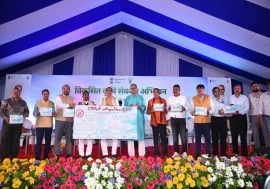
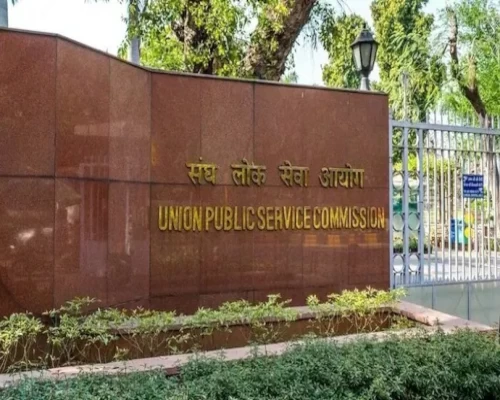


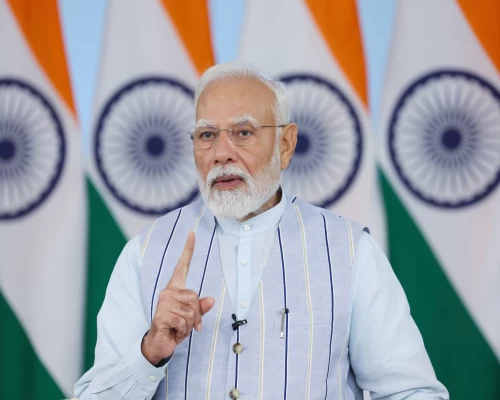
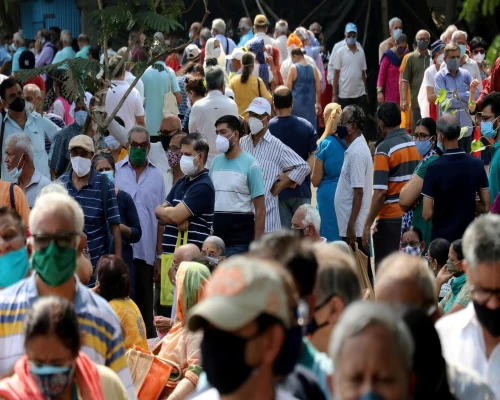
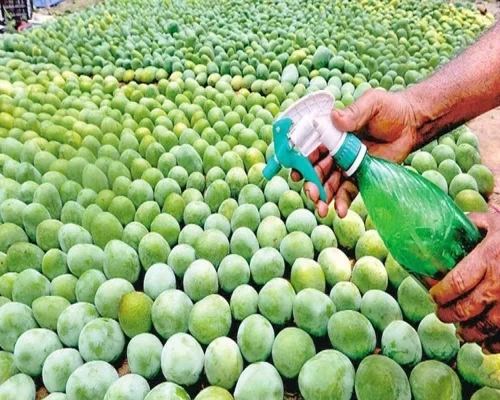
 (13)_500_x_400.webp)
